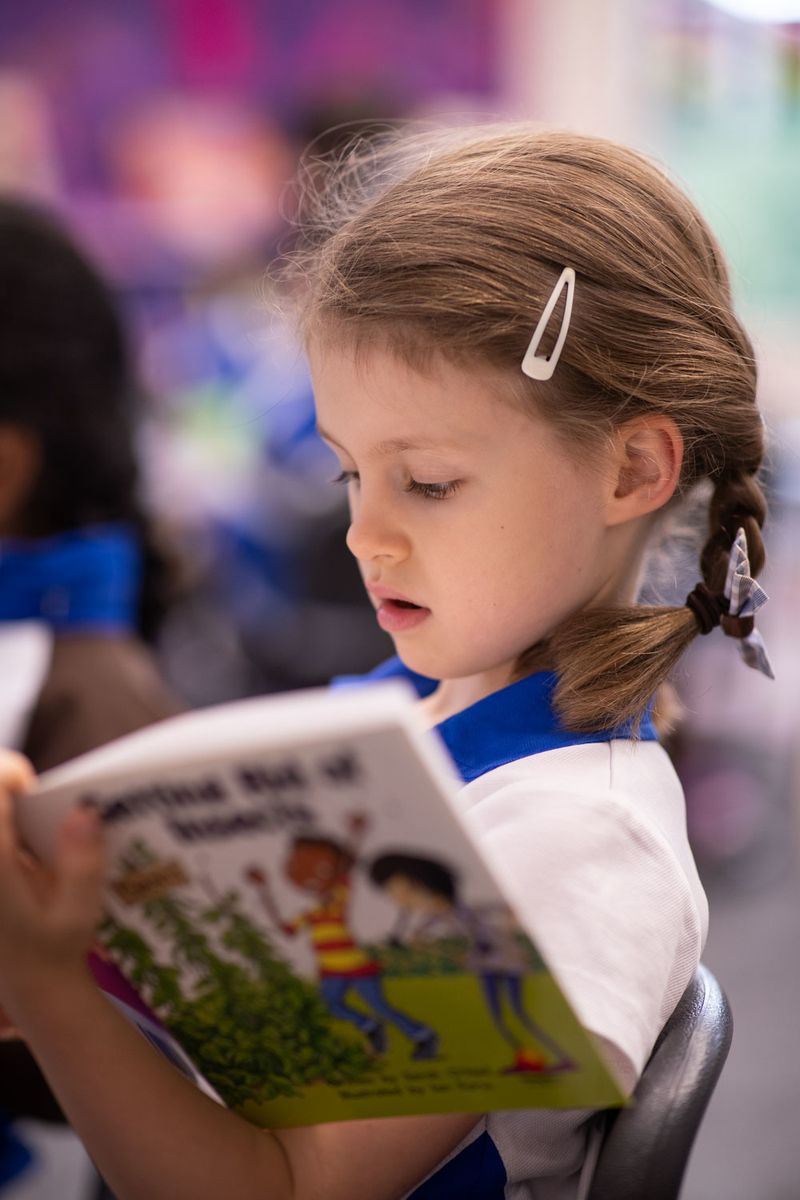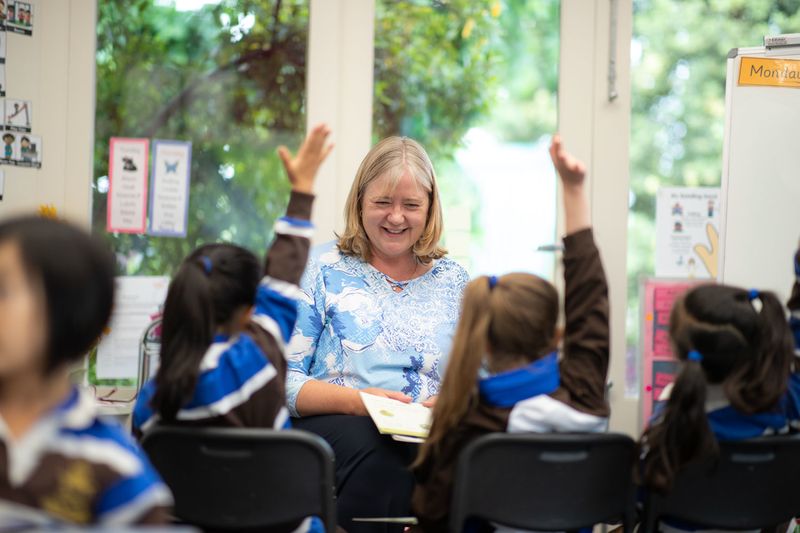Starting Prep is one of the most exciting milestones in a child’s life, and to help your child prepare for a great start at school there are lots of things parents can do.
Fostering independence is key to getting your child ready and confident to start school - and it’s a skill which will benefit them in all aspects of their lives. Independence starts with the basics, such as going to the toilet by themselves or packing and unpacking a school bag - those zips can be harder than they look! Can your child easily manage a lunch box - and do they know the difference between a snack for recess and their lunch? Making sure they can easily flip the lid of a drink bottle is another essential task - nobody wants spills on their first day of school.
Being able to get dressed by themselves and tie their own shoelaces will make swimming lessons a breeze, and help them feel capable and confident. In addition, being responsible for tasks around the home, such as unpacking the dishwasher and tidying up their room will prepare them for working together in the classroom and perhaps even give them the confidence to take on responsible positions such as library monitor or office monitor.
One of the best ways to help your child transition to primary school is by establishing familiar routines, especially around bedtime, and before and after Kinder. These solid frameworks help your child establish a sense of order to their day, which helps foster security and confidence. In turn, this can also help them prepare for daily school routines.

Many parents want to help give their kids a head start in the classroom, but it’s important to note that learning in preschool years should be informal and relaxed. Jo Rowlands, Prep Teacher at Ivanhoe Girls’ Grammar School, suggests that one of the best things parents can do is talk to their child. “Talk about anything and everything,” she suggests. “From retelling stories to asking questions, it’s important to engage in two-way conversations with your child.” Conversations to help develop general knowledge can be sparked by visits to museums, zoos and national parks, and discussing non-fiction books can pique their interest in the world around them.
Shopping expeditions are a great place to help your child become familiar with numeracy. “Count out six bananas to put in the trolley,” suggests Jo, “or notice the numbers on letterboxes on your walk.”
There are many simple games that are perfect to help introduce your child to literacy. I Spy introduces your child to the sounds of the first letter in a word, while reading stories together offer a perfect time to help your child start to recognise the look of letters and simple words. Learning to write their own name is an exciting way to introduce your child to literacy, and can help the child develop a correct pencil grip at the same time.
It goes without saying that one of the best ways to help your child prepare for school is to get organised. Buying the uniform and the school bag, and ticking off the items on the booklist are a guaranteed way to boost your child’s excitement. Most schools offer a transition program so the child can meet the teacher and experience the playground and the classroom for themselves.

Most schools offer parents a number of ways to support new families. School tours and information sessions are a great opportunity to ask questions about the curriculum and the facilities, and sharing contact details with other parents can help you organise play dates and begin making connections to other families.
Once your child starts at school look out for Literacy Information Nights and Parent/Teacher interviews to find out about how you can support the school to best help your child thrive.
Book a School Tour to find out more about Prep at Ivanhoe Girls’.